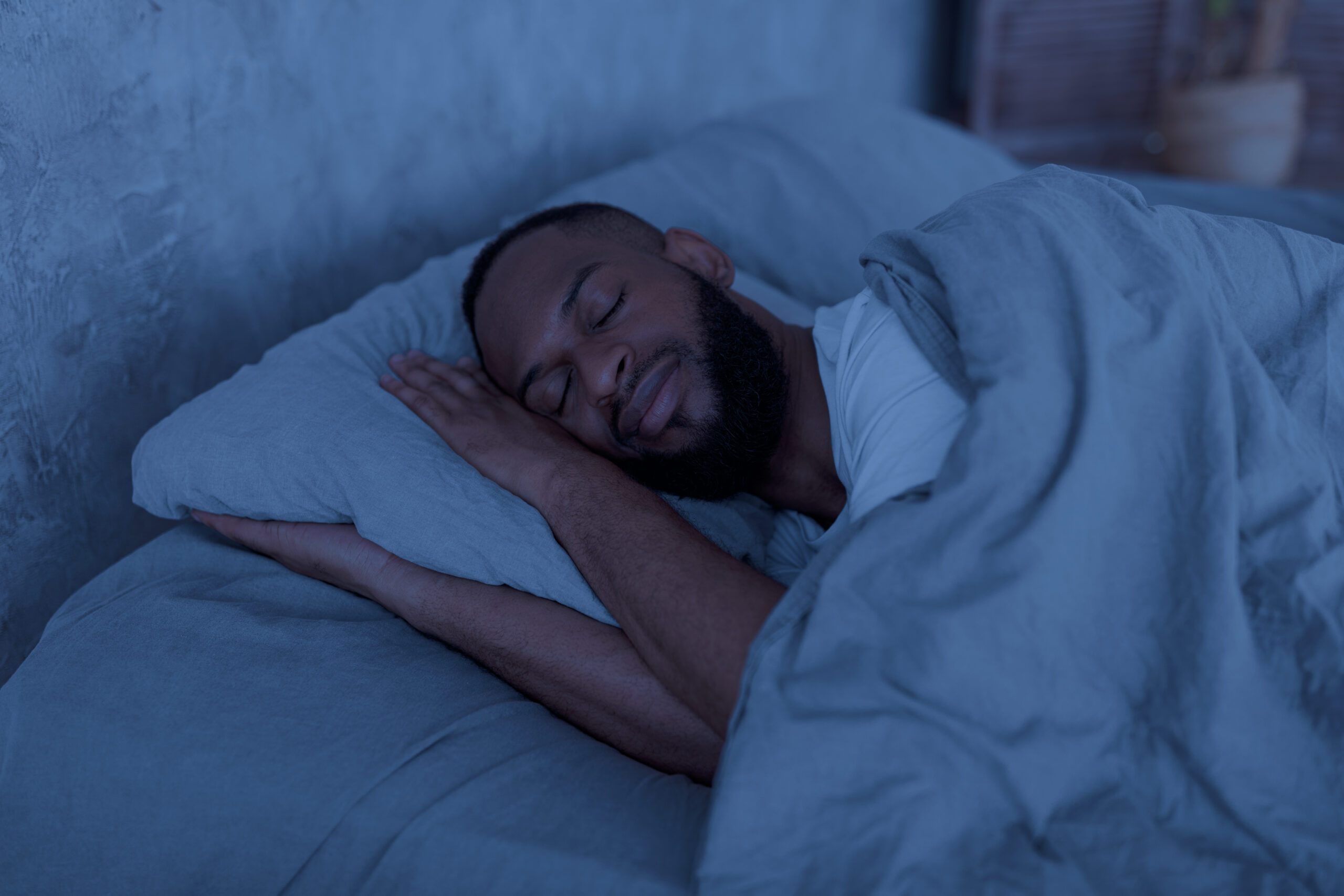Exploring the Link Between Sleep Appliances and Cardiovascular Health

Lack of quality sleep isn’t just exhausting—it can also impact your heart. Obstructive sleep apnea afflicts over 25 million American adults without even knowing they have it. Obstructive sleep apnea inhibits the airflow of the respiratory system during sleep. Over time, it leads to the reduction of body oxygenation, forcing the heart to exert more effort. Does it sound terrifying? The situation looks bleak when you acquire knowledge about how cardiovascular health and sleep quality are linked. But it also helps you understand why early intervention is important—and how prescription oral appliances fit into the equation.
What Happens During Sleep Apnea?
Sleep apnea happens when the pathway for air is obstructed during sleep. The most common reason behind this is the loosening of the soft tissues in the back of the throat and the roof of the mouth. Breathing can cease for brief moments, sometimes dozens or even hundreds of times each evening.
This interruption decreases oxygen flow in the blood, making the heart pump harder. Untreated sleep apnea for an extended period has been associated with increased risk for high blood pressure, stroke, heart attack, and arrhythmia, says the American Heart Association.
Why is Better Sleep Associated with Better Heart Health?
Uninterrupted sleep enables the body to manage stress hormones and keeps a steady heart rate and blood pressure. On the other hand, poor quality of sleep can leave the nervous system in a state of hyperarousal, putting more pressure on one’s cardiovascular health. Here’s what research has discovered:
A 2017 study published in the Journal of Clinical Sleep Medicine revealed that the treatment of sleep apnea is able to lower blood pressure and improve heart function. Studies also identified that people who have untreated sleep apnea are between 2 to 4 times more prone to developing cardiovascular problems.
Having better sleep isn’t just about feeling more rested—better sleep can also protect your heart from danger.
The Role of Sleep Appliances in Treatment
For patients diagnosed with mild to moderate sleep apnea or those who snore frequently, a sleep appliance can be true relief. Worn nightly, this custom-fitted device carefully moves the jaw forward to open the airway.
Unlike hefty CPAP machines, oral appliances are small and quiet. They’re portable and easier to maintain over time.
Patients in Rocklin can now end their search for non-surgical, relaxing sleep apnea treatment. We offer top-quality sleep appliances to patients struggling with hypopnea syndrome.
Why Should You Take Prompt Action?
Dismissing sleep problems not only makes the morning more difficult. Over time, it can result in complex health consequences such as neurological issues or metabolic disorders. If you or someone you love experiences loud snoring, gasping for air at night, or night awakening, you need to get checked out at the earliest.
You can also opt for a home sleep test if you’re not comfortable with the in-clinic tests. Once you’re diagnosed, the right treatment can restore your sleep quality and cardiovascular health.
Call your local sleep dentist today to make an appointment and sleep better, feel better each day, and safeguard your heart.


